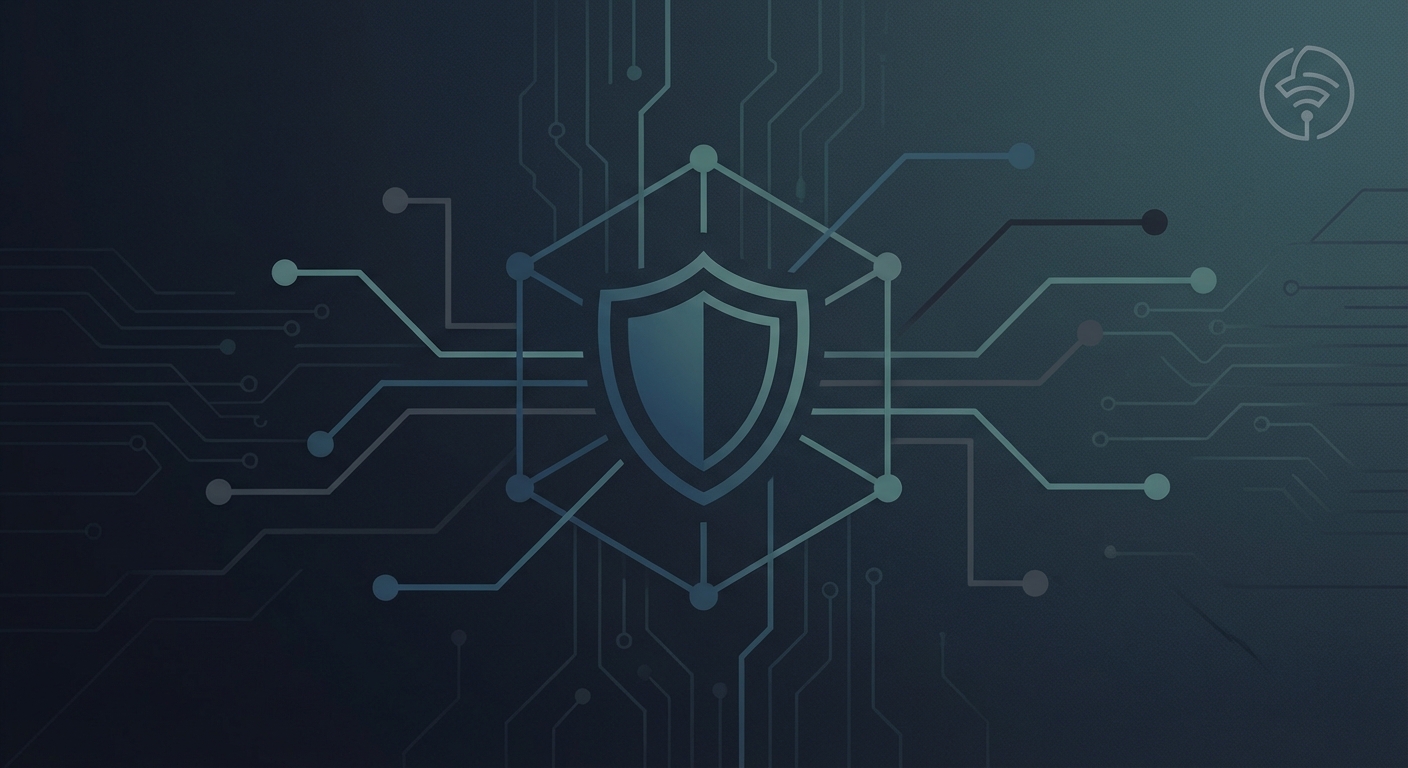Ethical Considerations in MarTech
TL;DR
- This article covers the ethical landscape of MarTech, focusing on data privacy, ai bias, and transparency. Explore impacts of ethical lapses, like loss of consumer trust, and learn about strategies for responsible ai use and building a holistic ethical approach. Understand how prioritizing ethics can drive customer loyalty and long-term success—it's not just about compliance, but competitive advantage.
The Rising Tide of Ethical Concerns in MarTech
Are we really thinking about the ethics behind all this martech stuff? It's kinda wild how much power we have now, right?
- MarTech's getting smarter, especially with ai, but it can be a double-edged sword, like, you know, it can do great things but also, uh, cause some problems, too.
- Think about it: data privacy is like, super important, especially with all these rules like gdpr coming out, folks are starting to, like, actually care about their data.
- And responsible ai use? Yeah, that's on us, marketers. Gotta make sure we're not being biased or sneaky with algorithms, transparency is key.
It's a lot to keep track of, I know, but, like, if people don't trust us, they won't buy from us. A 2022 cisco survey—they been trackin' this since 2019—found a whopping 81% agreed that how a company handles data is how they view their customers.
up to 81% of respondents agreed that how an organization treats personal data indicates how it views and respects its customers
It's not just about avoiding fines, though. Think about apple and their app tracking transparency feature. See? Doing good can be good for business, too.
So, with that in mind, let's dive into the ai arms race and its implications.
The Cost of Losing Consumer Trust
Losing consumer trust? That's like, the worst thing that can happen to a brand, right? It's not just about feeling bad; it hits the bottom line, too.
- Reputation takes a nosedive, impacting market value, a 2024 article on Forbes emphasizes that making ethical decisions maintains trust, loyalty, and business success.
- Consumers switch brands if they don't trust you with their data, and like, everyone's managing cookie settings now.
- ai's power is now known, ethical use is key. And, transparency is what people want.
Losing trust ain't just about bad pr, it's about real money. Ethical lapses can lead to boycotts, bad reviews, and a damaged brand image.
Up to 81% of people care how you treat their data, says Cisco.
So, how do we balance being innovative with being ethical? That's the challenge with ai and martech. It's about finding that sweet spot, and next we're going to be talkin' about the innovation vs. privacy balancing act.
Navigating Ethical Dilemmas: A Holistic Approach
Okay, so how can we really make sure martech is, like, ethical? It's more than just sayin' you're gonna be good, you know?
- A holistic approach? What's that even mean? Well, it's about thinkin' about everything, not just one little thing. It's about seein' how all the pieces fit together. Companies like salesforce, microsoft, and facebook are trying, but it's early days.
- Avoiding bad pr is a big plus, right? No one wants a boycott.
- Attracting young talent is also important. Gen z cares about this stuff!
- Market differentiation: Being ethical might actually make you stand out.
Of course, it ain't easy. First, a company gotta admit they got a problem. Then, they gotta change their whole mindset. Hiring ethics experts can help guide the way.
So, how do you actually do this?
- Integrate across the business lifecycle: Think about ethics from the very start.
- Invest in specialized ethics talent: Get some experts in there who know their stuff.
- Build and train from the top, the bottom, and across: Everyone needs to be on board.
- Be as predictive and extensive as possible: Try to see the problems before they happen.
- Collaborate with partners and competitors: Work together to make the whole industry better.
It's a long road, but it's gotta happen. Next up, we'll dive into the innovation vs. privacy balancing act.
Key Moves for Building Clarity and Capacity
Alright, so how do we get serious 'bout building some real, lasting ethical practices? It's not easy, but it's gotta be done, right?
- Integrate across the whole business lifecycle, from start to finish. Don't just slap ethics on at the end like it's an afterthought.
- Make sure you're aligned with your org's values throughout the entire process. It's not just a quality check; it's about who you are.
- And, you know, learn as you go, create feedback loops, measure stuff, and actually report on progress.
Basically, you need a system. Let's move on to talkin' about investing in ethics talent.
Preventing Future Cascades of Unanticipated Consequences
Okay, so we've talked a lot about ethics, but how do we, like, make sure things don't go wrong later, ya know? It's not enough to just, hope for the best.
- Tackle dilemmas early: Don't wait till the damage is done. Think about the consequences of your actions before you launch that new campaign.
- Research deeply: Envision all the potential problems, environmentally and other ways. What could go wrong if you scale this thing up?
- Expand stakeholders: Get diverse opinions, especially from marginalized folks. They might see issues you'd never think of.
It's about seeing the whole picture, not just the shiny parts.
It's not just your company, it's the whole industry, right?
- Act in the industry's best interest: Develop industry standards, research, and training.
- Create forums: Have safe spaces to discuss best practices and what ain't working.
- Work together: Partner with competitors to raise everyone's ethical game.
Ultimately, it's about building a future where ethics is just part of how we do things, in a structured way. It's not just about avoiding fines or bad press, it's about... doing better for everyone.
Taking a holistic approach to the ethical dilemmas impacting the industry and encouraging foresight and a systems view can help ensure a more sustainable industry and build long-term trust.
So, let's make this industry a place where ethical decisions are just... easier.




